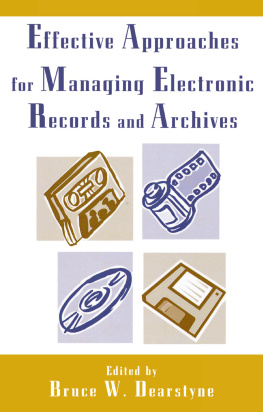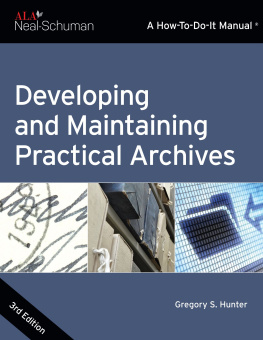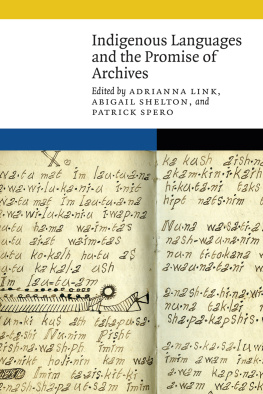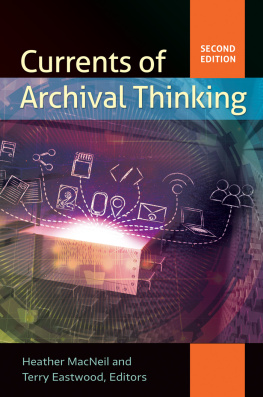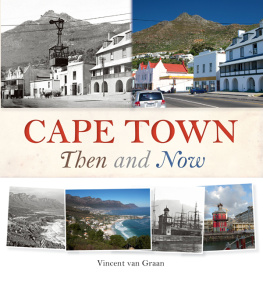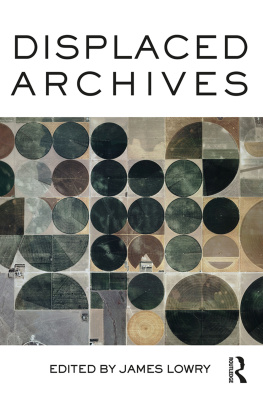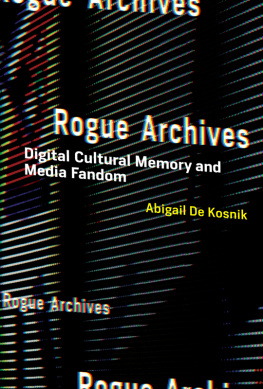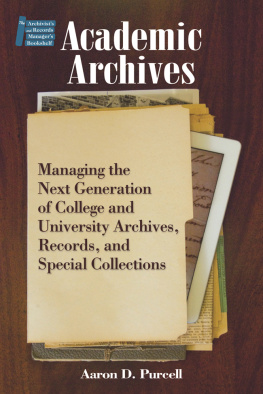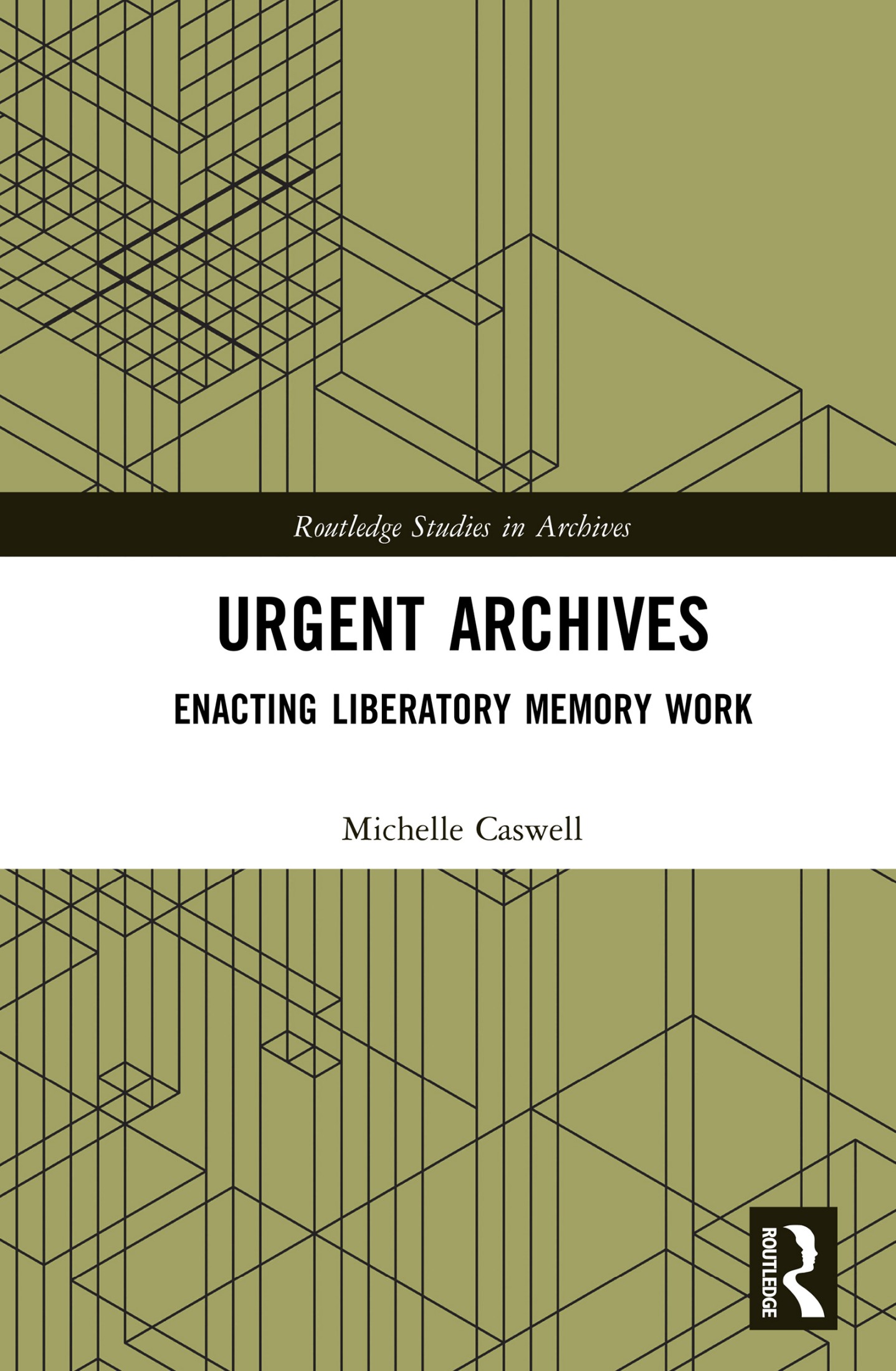
Urgent Archives
Urgent Archives argues that archivists can and should do more to disrupt white supremacy and hetero-patriarchy beyond the standard liberal archival solutions of more diverse collecting and more inclusive description.
Grounded in the emerging field of critical archival studies, this book uncovers how dominant Western archival theories and practices are oppressive by design, while looking toward the radical politics of community archives to envision new liberatory theories and practices. Based on more than a decade of ethnography at community archives sites including the South Asian American Digital Archive (SAADA), the book explores how members of minoritized communities activate records to build solidarities across and within communities, trouble linear progress narratives, and disrupt cycles of oppression. Caswell explores the temporal, representational, and material aspects of liberatory memory work, arguing that archival disruptions in time and space should be neither about the past nor the future, but about the liberatory affects and effects of memory work in the present.
Urgent Archives extends the theoretical range of critical archival studies and provides a new framework for archivists looking to transform their practices. The book should also be of interest to scholars of archival studies, museum studies, public history, memory studies, gender and ethnic studies, and digital humanities.
Michelle Caswell is an Associate Professor in the Department of Information Studies at the University of California, Los Angeles, and the co-founder of the South Asian American Digital Archive.
Routledge Studies in Archives
Series Editor: James Lowry
The following list includes only the most-recent titles to publish within the series. A list of the full catalogue of titles is available at: https://www.routledge.com/Routledge-Studies-in-Archives/book-series/RSARCH
Archives, Recordkeeping, and Social Justice
Edited by David A. Wallace, Wendy M. Duff, Rene Saucier, and Andrew Flinn
Producing the Archival Body
Jamie A. Lee
Ghosts of Archive
Deconstructive Intersectionality and Praxis
Verne Harris
Urgent Archives
Enacting Liberatory Memory Work
Michelle Caswell
First published 2021
by Routledge
2 Park Square, Milton Park, Abingdon, Oxon OX14 4RN
and by Routledge
605 Third Avenue, New York, NY 10158
Routledge is an imprint of the Taylor & Francis Group, an informa business
2021 Michelle Caswel
The right of Michelle Caswell to be identified as author of this work has been asserted by her in accordance with sections 77 and 78 of the Copyright, Designs and Patents Act 1988.
All rights reserved. No part of this book may be reprinted or reproduced or utilised in any form or by any electronic, mechanical, or other means, now known or hereafter invented, including photocopying and recording, or in any information storage or retrieval system, without permission in writing from the publishers.
Trademark notice: Product or corporate names may be trademarks or registered trademarks, and are used only for identification and explanation without intent to infringe.
British Library Cataloguing-in-Publication Data
A catalogue record for this book is available from the British Library
Library of Congress Cataloging-in-Publication Data
A catalog record has been requested for this book
ISBN: 978-0-367-42727-6 (hbk)
ISBN: 978-1-032-00027-5 (pbk)
ISBN: 978-1-003-00135-5 (ebk)
Typeset in Bembo
by SPi Global, India
In memory of
Allison Boucher Krebs (19512013)
and
Doria Dee Johnson (19612018)
May I always live up to their lessons.
Series Editor: James Lowry
Routledge Studies in Archives publishes new research in archival studies. Recognizing the imperative for archival work in support of memory, identity construction, social justice, accountability, legal rights, and historical understanding, the series extends the disciplinary boundaries of archival studies. The works in this series illustrate how archival studies intersects with the concerns and methods of, and is increasingly intellectually in conversation with, other fields.
Bringing together scholarship from diverse academic and cultural traditions and presenting the work of emerging and established scholars side by side, the series promotes the exploration of the intellectual history of archival science, the internationalization of archival discourse, and the building of new archival theory. It sees the archival in personal, economic, and political activity, historically and digitally situated cultures, subcultures and movements, technical and socio-technical systems, technological and infrastructural developments and in many other places.
Archival studies brings an historical perspective and unique expertise in records creation, management and sustainability to questions, problems and data challenges that lie at the heart of our knowledge about and ability to tackle some of the most difficult dilemmas facing the world today, such as climate change, mass migration, and disinformation. Routledge Studies in Archives is a platform for this work.
In the middle of writing this book, COVID-19 hit. I found myself grounded at home in Los Angeles, taking care of my five-year-old son, as my husband, who is an emergency physician, worked long and stressful hours. I wrote whenever I could, as my son slept, eked out online kindergarten assignments, watched television, and hung out with a co-quarantined friend (thank you Eunsong Kim!). I still cant believe I finished it. I am in awe of my fellow mama academics (Safiya Noble, Miriam Posner, Jennifer Douglas, Dorothy Fujita-Rony, and Sumayya Ahmed among them) who manage to work wonders in the middle of systems that devalue care work.
While this book was finished in months of stolen moments, the ideas in it had been brewing for over a decade. It is hard to imagine now that when I first entered library and information studies, the academic field of archival studies and the archival profession discounted the legitimacy of community archives as objects of study and as memory institutions. I am forever indebted to a group of scholars and archivists who have challenged these ideas, expanded my own worldview, and enriched the field immeasurably. Foremost among them is Samip Mallick, who is the most gentle, gracious, loyal, and tenacious friend and collaborator at the South Asian American Digital Archive (SAADA). Without him, I would literally have nothing to write about. Never deterred by the current state of practice or accepting of notions of technical impossibility, Samips dedication and vision have taught me over the past 15 years that another archival world is possible. Thank you, Samip, for giving life to my work, and for being always so supportive and gracious. Being a part of SAADA has kept me from entering the pit of despair, especially since the pandemic hit.
My two oldest friends in the world happen to be in the field. Without Emily Drabinski, I never would have found LIS. Thank you, Emily, always you with your structural analysis, always pushing me to be rigorous and critical, always with a sense of humor. Sumayya Ahmed and I have been friends since high school. She has been telling me to keep hope alive for three decades now. One day Ill figure out if she is being sarcastic or not.
I owe a huge debt of gratitude to the archivists, volunteers, and users of community archives who enabled me and my students to conduct focus groups and interviews at their sites. I am forever in awe of the work of Thuy Vo Dang, Walt Meyer, Rosa Pea, Jen LaBarbera, and Michael Okamura. I am also grateful to Bergis Jules and Gabriel Solis, with whom it is a privilege to think through the work of community archives. I am inspired by a group of archivists who work daily to transform oppressive systems: Audra Eagle Yun, Athena Jackson, Kelly Besser, T-Kay Sangwand, Dalena Hunter, Lizeth Ramirez, Jasmine Jones, Shannon ONeill, Holly Smith, Elvia Arroyo-Ramirez, Courtney Dean, Skyla Hearn, Stacie Williams, Sam Winn, Eira Tansey, and Michaela Hart. And thank you to Jennie Freeburg who is always willing to talk it over and drink it out with me.
Next page

